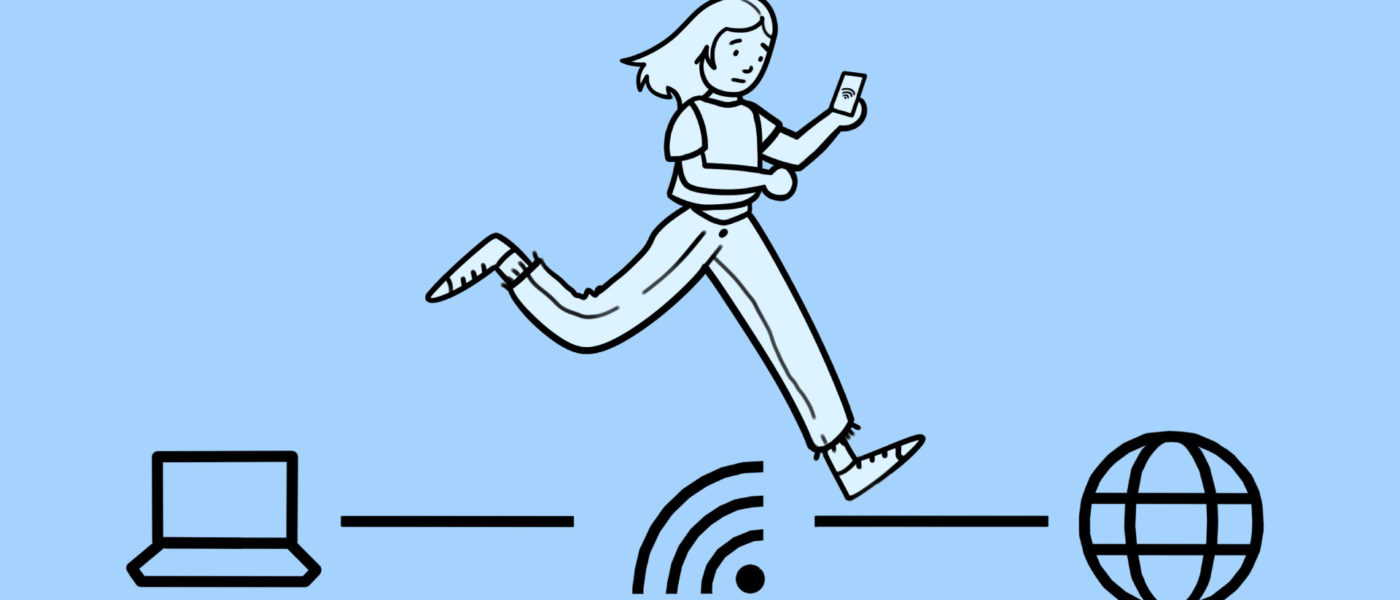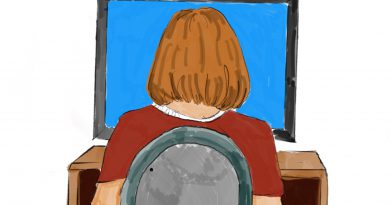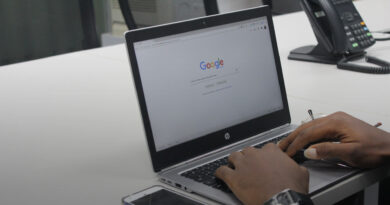The Internet Needs To Be A Public Utility
Water, electricity, internet. What do these three things have in common? They are all necessities in our modern society.
But not all three are viewed that way; only water and electricity are considered public utilities.
A service acquiring the status of public utility in the United States must be an essential service that is under government regulation. That is often deemed necessary with industries that tilt toward “natural monopolies.”
Installing cable systems in cities is a big undertaking that was originally less expensive. Older telecommunications companies wired up cities and thus ensured a lasting monopoly through the service provider.
It is very difficult to enter the market as a competitor in an industry with such expensive and complicated entry barriers of infrastructure.
In 2017, the monthly cost of broadband in the United States was a whopping $66.17. A figure significantly higher than nations such as France at $38.10, Germany at $35.71 and South Korea at $29.90.
These astronomical prices could be reduced through government regulation; which is what happened in France. There, the dominating internet providers were compelled to lease out part of their cable systems to incumbent carriers to create a fair chance of entering the market.
Such regulation on internet providers would be possible if they were deemed public utilities. Other drawbacks to unregulated service providers include the fight for net neutrality and the exclusion of certain communities.
Net neutrality is the idea that internet service providers shouldn’t block or impose limits on a user’s access to content.
The equalizing and democratic aspect of the origins of the internet enabled it to become a vehicle for social movements.
However, since 2017, the Federal Communications Commission has rolled back most Net Neutrality protection laws. That allows internet service providers to provide faster internet speeds if you are on specific sites like Facebook as opposed to a smaller social media competitor that may lack the funds to pay for equal broadband.
The throttling of internet speeds serves to further perpetuate the market control of huge companies like Facebook while stifling competition. Under public control, this behavior wouldn’t be allowed.
The current system exacerbates the lack of internet access in rural and less affluent communities since the infrastructure isn’t updated for communities with lower potential subscriber numbers because unregulated service providers don’t see the capital investment required as worthwhile.
These practices only serve to perpetuate and expand the existing social divides.
Internet service is not a luxury, it is necessary for schoolwork, jobs and access to general information and education. Internet access must become a public utility to ensure it is accessible and affordable to all.




